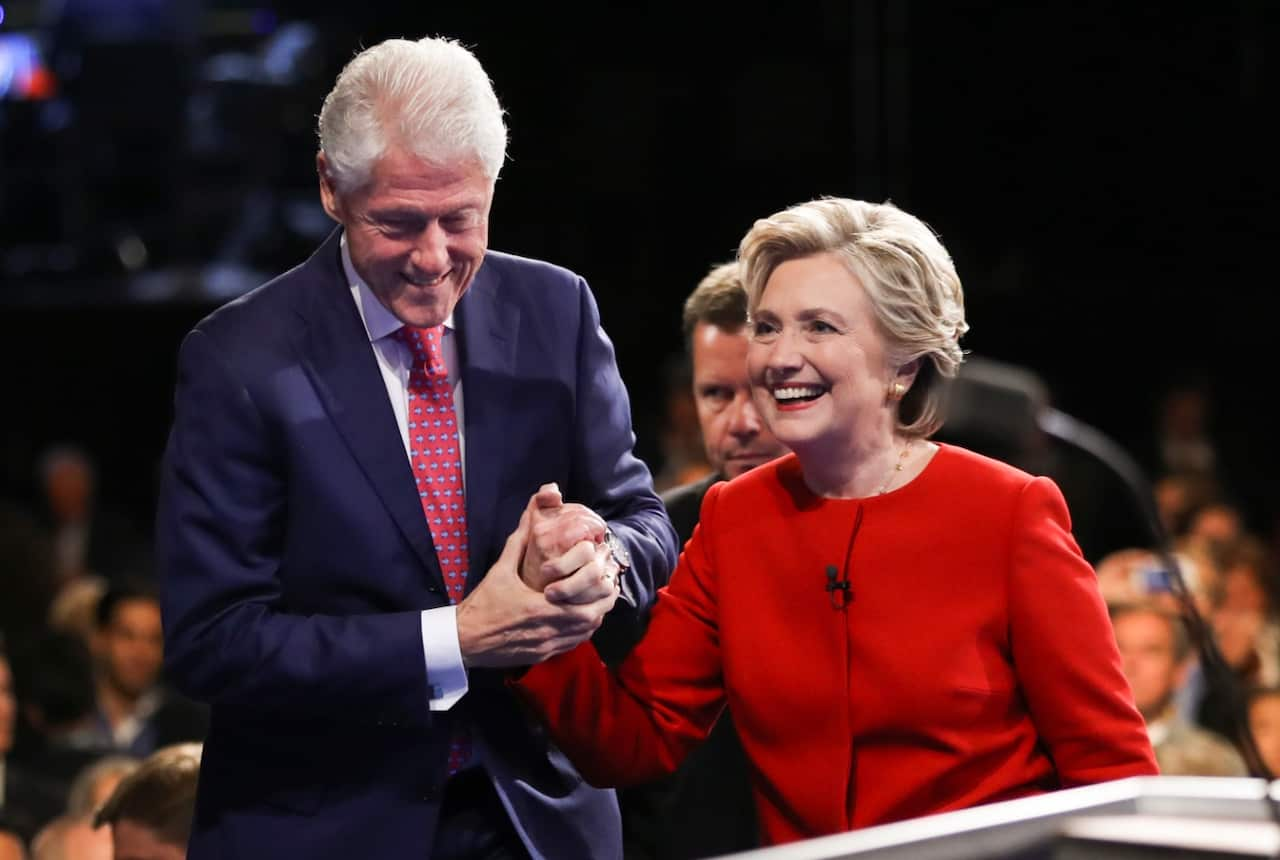Melbourne University School of Social and Political Sciences academic Dr Raymond Orr has spoken to SBS about the major debate talking points, and what we can expect from the next two debates, to be held on October 9 and 19.
Who do you think won the first US presidential debate between Donald Trump and Hillary Clinton?
"Neither lost, so that’s the important part of the debate, Trump did not embarrass himself, Hillary didn’t embarrass herself. Hillary ultimately won in the sense that Trump already had 35 per cent of the electorate that despise Hillary, and that’s what he left with.
"He didn’t expose anything about her that anybody didn’t know already. He started off relatively strong, but then it became clear that he had only a few plays in his playbook, and he kept on going to the same thing over again. There wasn’t a sense that he expanded (on) anything that he had said before."
What did the debate teach us about the temperament of both candidates?
“She (Clinton) had a harder job to take Trump’s attacks and still seem likable, or at least not-too-less-likable - she succeeded at that.
"From what I can tell about their voices, and I always just listen to it as opposed to watching it, Hillary was not off-putting, her demeanor was not off-putting or patronising. She came off rather reasonable and took some serious punches without losing her cool. Trump came off like he always does.”
Several media outlets turned to 'fact checking' the information put out there by each candidate during the debate. How much of a part will this play in the result of future debates and the eventual result?
"In the debates, not very much. People have been lying for a long time. I’ve never heard anyone say that so-and-so is telling more truth based on fact checking. That is exclusively something that journalists and pundits are more interested in, not the voting public."
What did the US voters take from the debate?
“They know the same as they did before, but I bet they have a much greater appreciation for Barack Obama and Mitt Romney (2012 presidential debate), the candidates they were, and the dignity they brought to the process. Whether we’re going to talk about it or not, people do miss that decorum. What is important about the debates, candidates typically get a one or two per cent boost for a short amount of time.
"There are lots of people who are presidents who lost a lot of debates. Look at George W. Bush, he never won a debate in his life, but he was elected president, and re-elected."
What can we expect at the next debate?
“What might be interesting to see in the next one - you saw a bit of a hint this time – was the role of Bill Clinton in all of this. Trump had mentioned a few times about his (Bill’s) economic policies, about NAFTA being a bad deal. But, we didn’t quite get some of the more pernicious, uncomfortable and off-putting treatments of his personal life. That could come up later in the debate if Trump gets desperate. He hinted at the end of the debate a little bit about things that he could’ve said that were really disgusting and despicable, but he decided not to. There’s (also) going to be the legacy of Bill Clinton that could come up.
“What was actually interesting was that Hillary Clinton did not bring up the gender role too much. Early on, she brought out ‘equal pay’, but she probably knows that if she pulls that card, Trump’s going to pull the Bill Clinton card. That’s interesting to see how that will play out."


